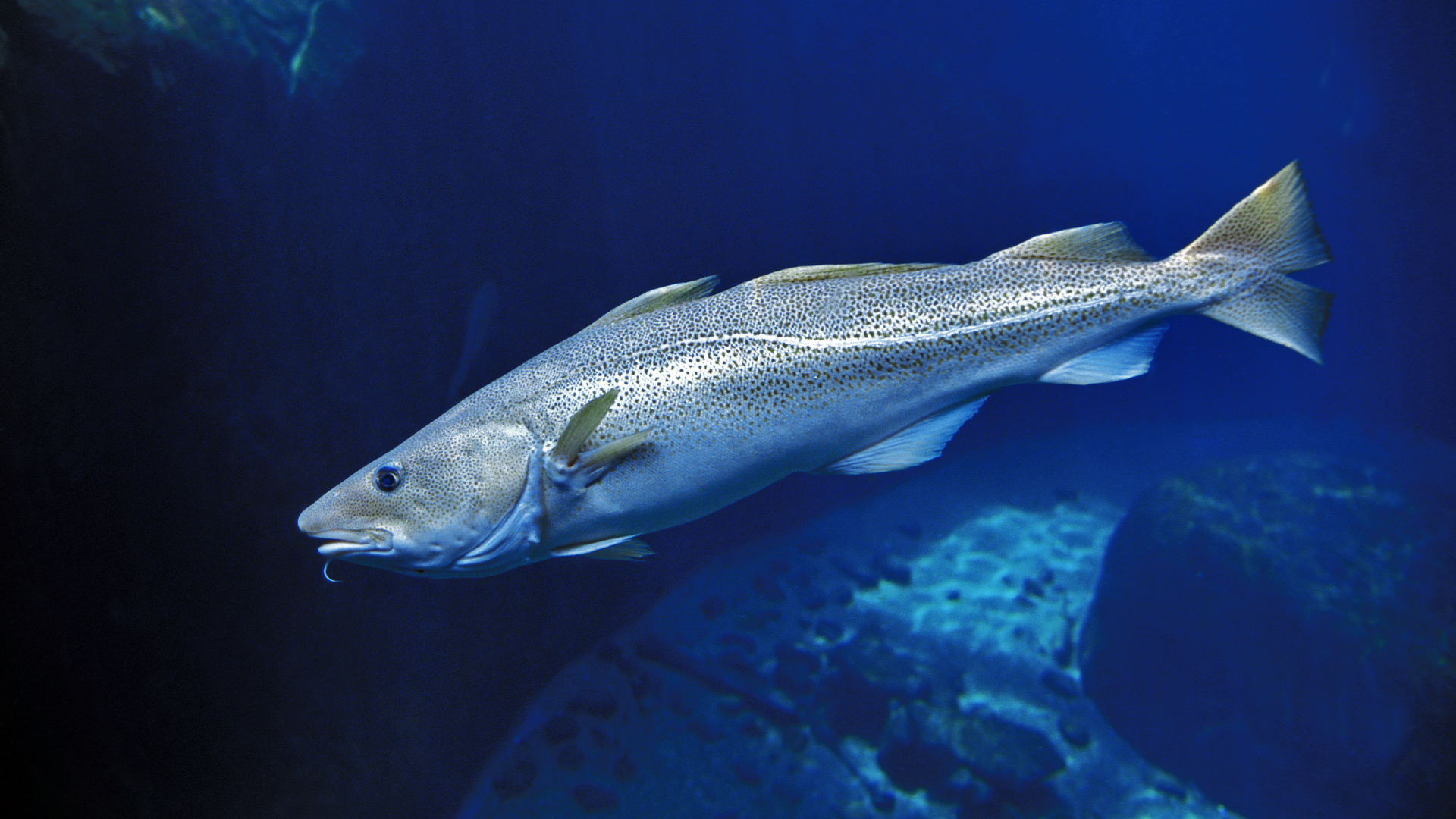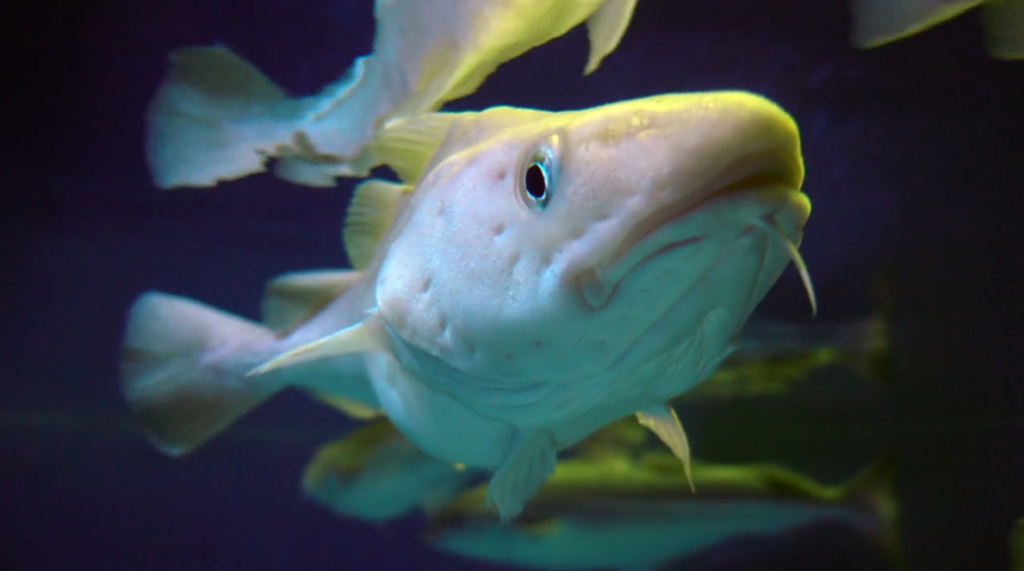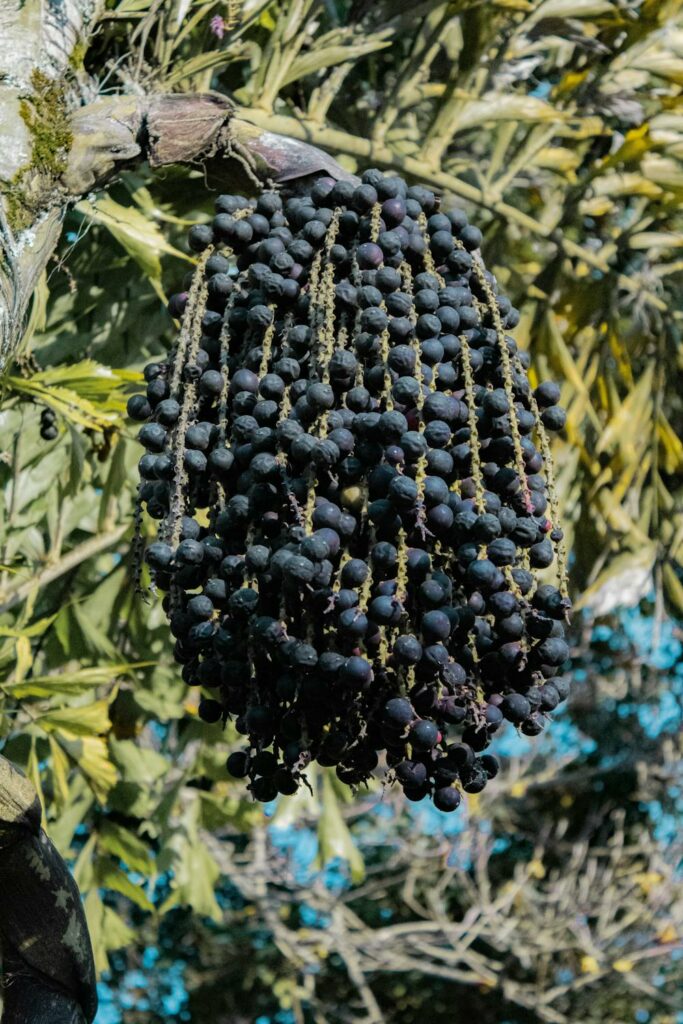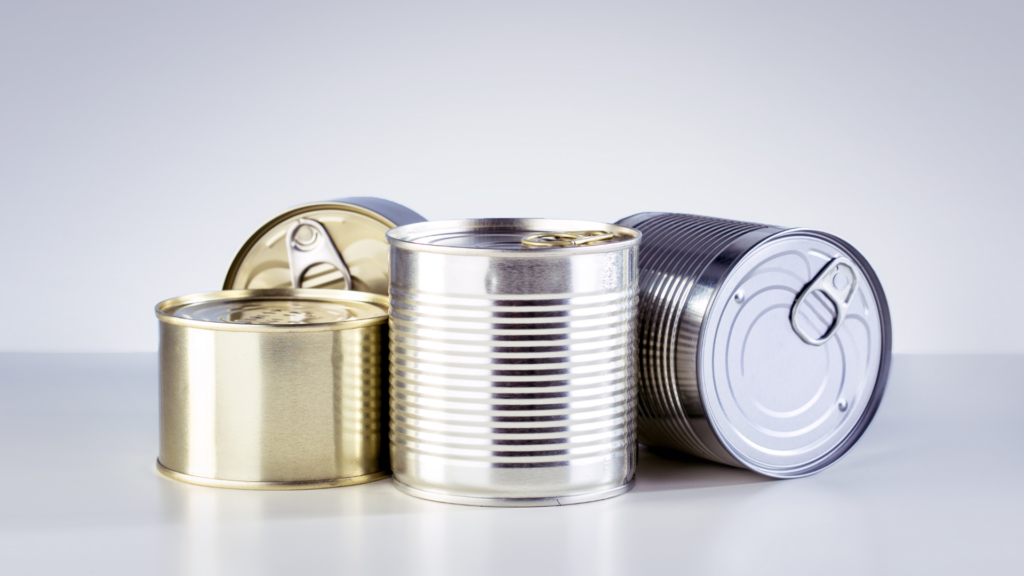
Codfish is a fish that plays a significant role in the cuisine of various countries, especially in Portugal, where it is considered a national icon. There are several species of codfish, but the most well-known and used in cooking are Gadus morhua, found in the North Atlantic, and Gadus macrocephalus, from the Pacific. An interesting characteristic of this fish is its ability to be preserved through drying and salting, an ancient technique that allows for its conservation and transportation over long distances.
In cuisine, codfish is extremely versatile, being prepared in hundreds of different ways. In Portugal, it is said that there are more than a thousand recipes for cooking codfish, one for each day of the year. Among the most famous preparations are Bacalhau à Brás (with scrambled eggs, straw potatoes, and onion), Bacalhau com Natas (shredded cod cooked with cream), and Bacalhau à Gomes de Sá (with potatoes, onions, boiled eggs, and olives). Each recipe brings a unique combination of flavors and textures, proving the versatility and richness of this ingredient.
In addition to its culinary importance, codfish also plays a relevant role in cultural and historical aspects of various regions. Its introduction into the European diet dates back to the age of great navigations when the need for food that could be preserved for long periods without refrigeration was essential. This characteristic made codfish a valuable resource for sailors and explorers. To this day, codfish is celebrated in festivals and traditions, especially during Easter Week and Christmas, where dishes based on codfish take center stage on many tables around the world.






